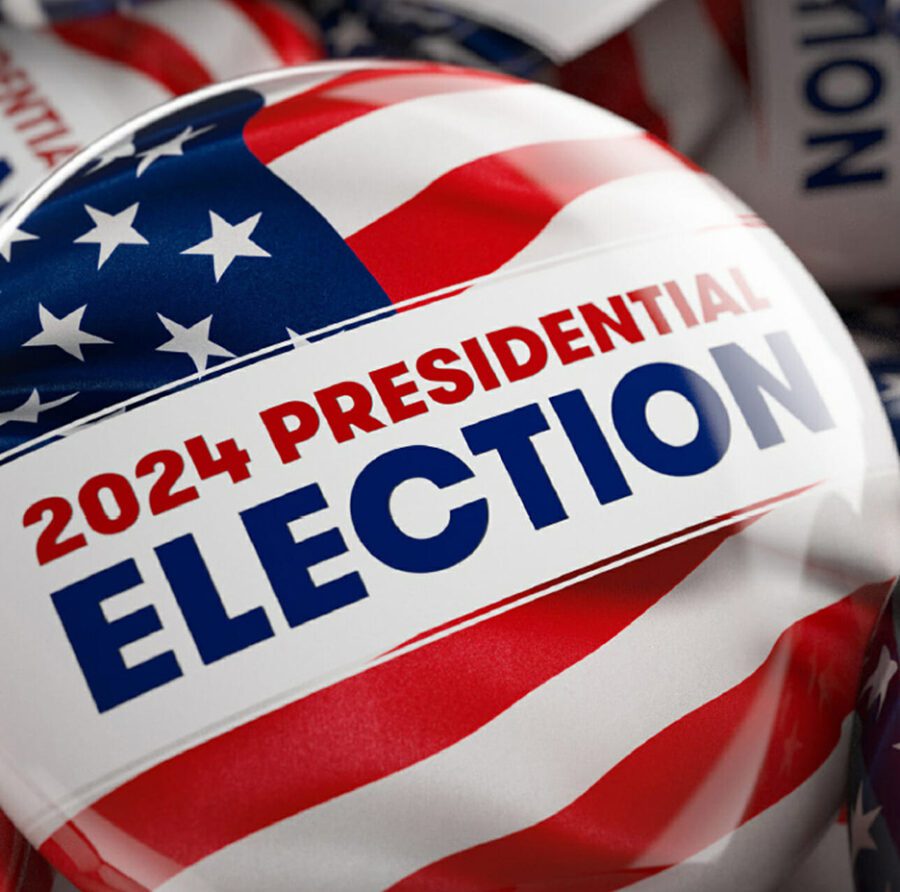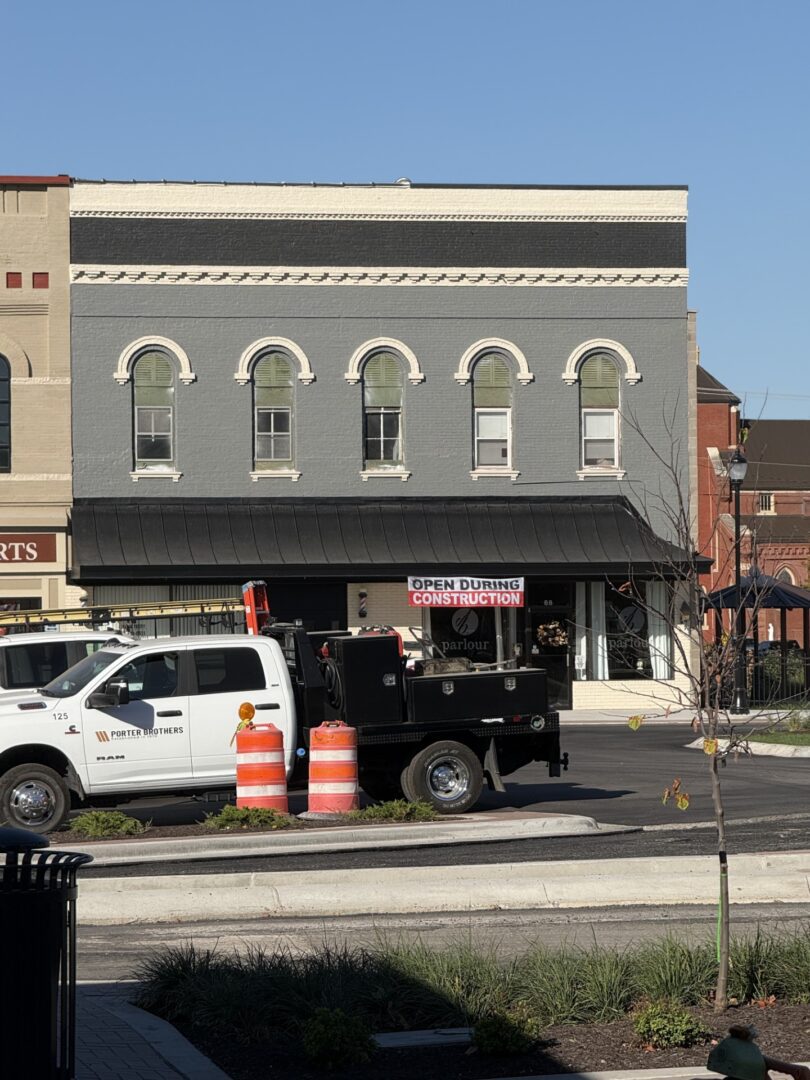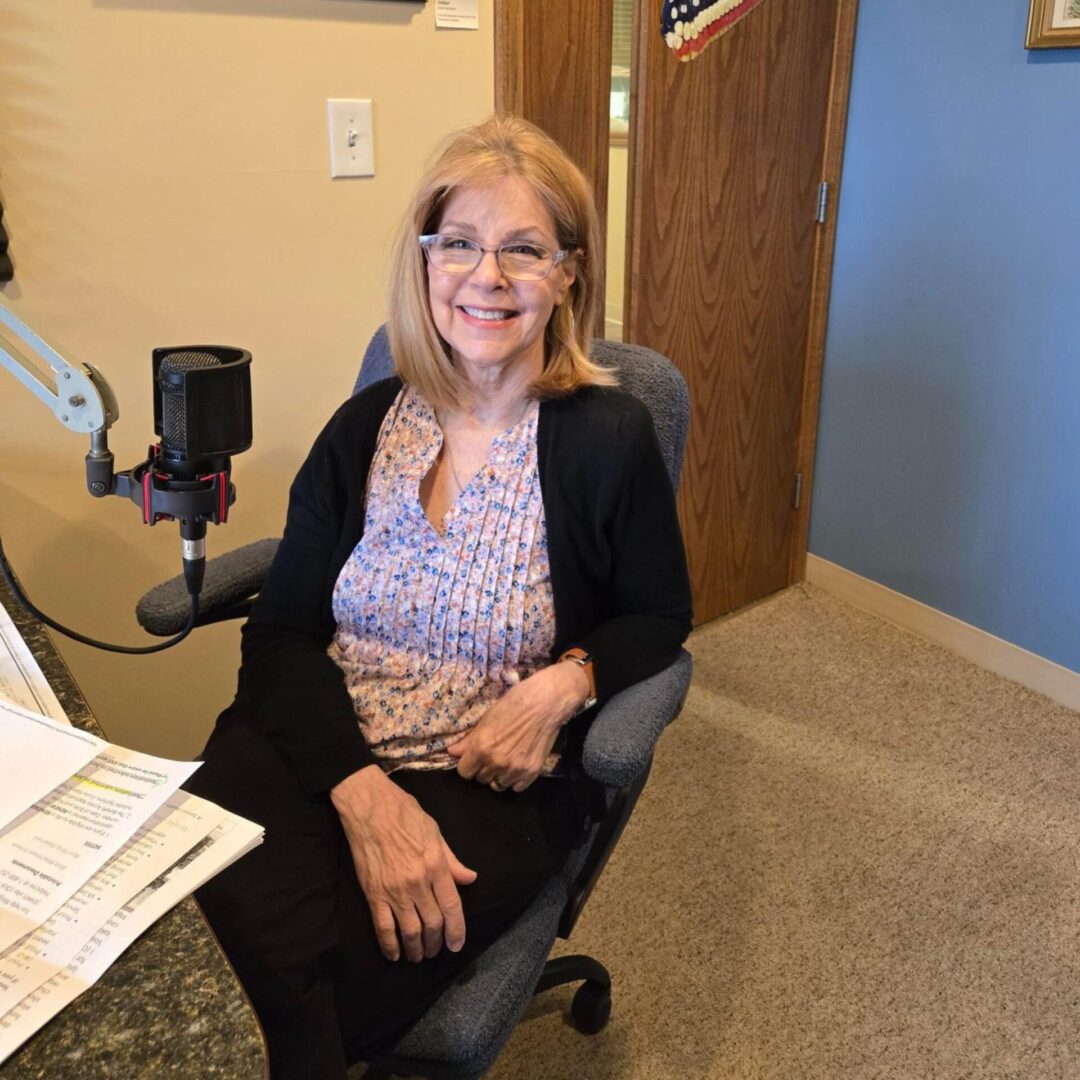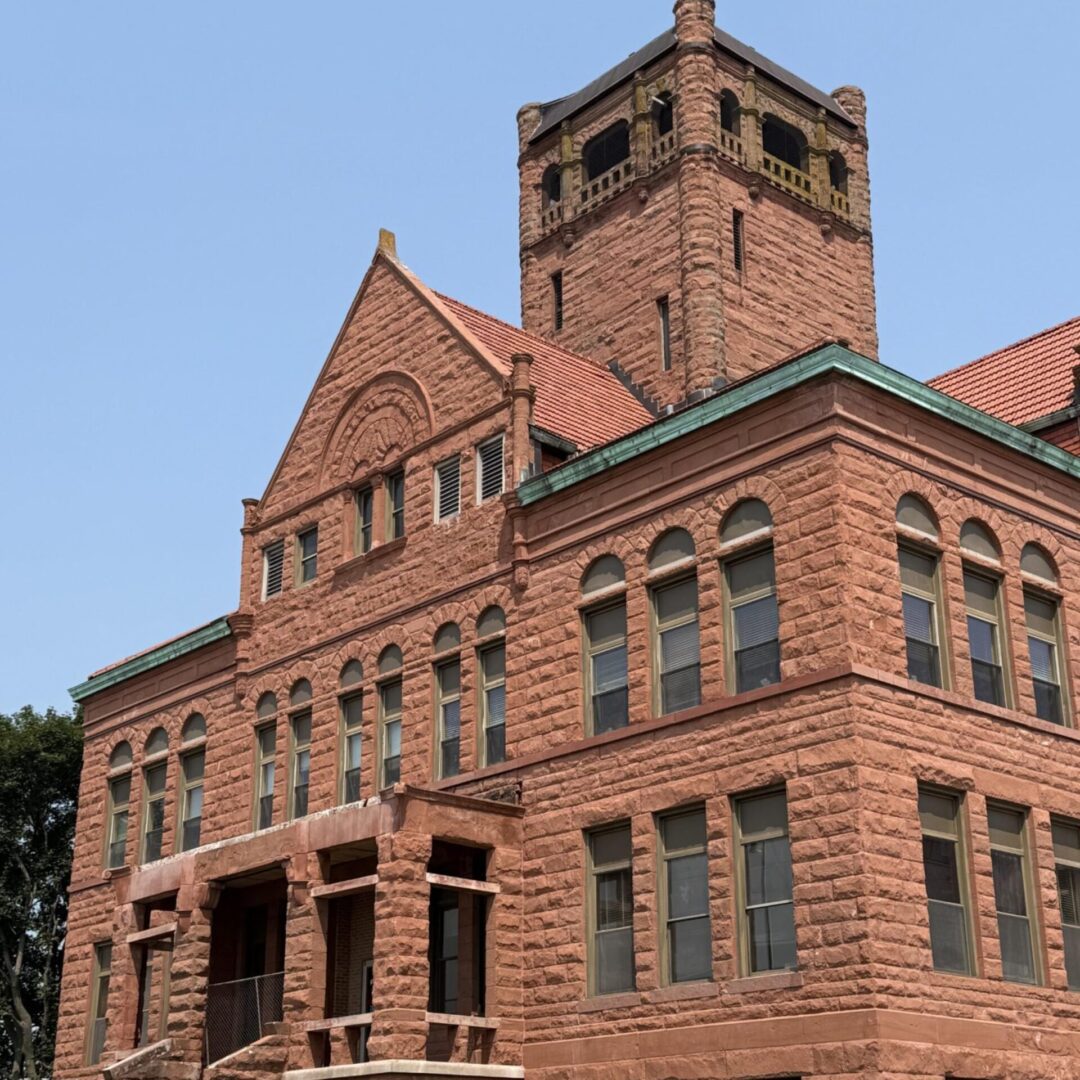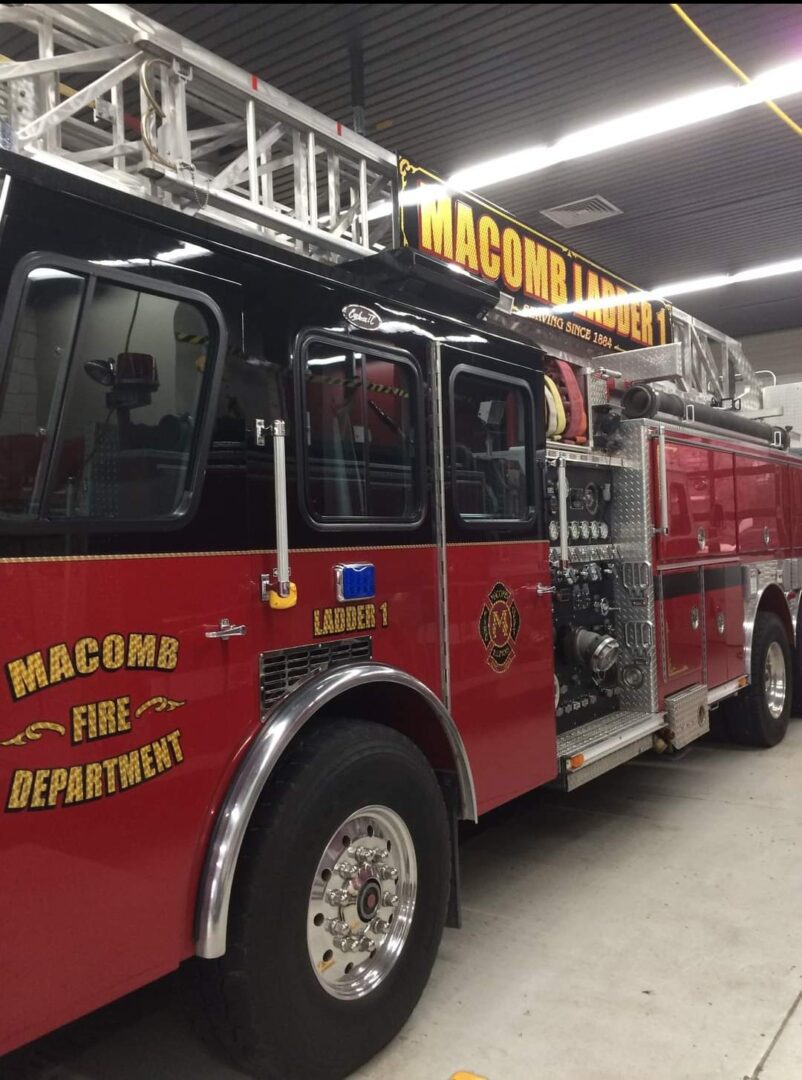Was the result of the 2024 presidential election a surprise?
It depends on who you ask.
“It was a clear and convincing message from the American people against the Biden/Harris administration,” said Monmouth College political science faculty member Robin Johnson, who also hosts the Heartland Politics podcast. “It was across the board – rural areas, cities and suburbs, and different demographic groups. Trump had strong support from African American men and from Latinos, which was a startling turnaround. Just a huge flip.”
Through mid-afternoon Wednesday, Donald Trump had nearly 72 million votes, nearly 5 million more than Kamala Harris.
The outcome, said Johnson, “took most pundits by surprise, especially the overwhelming nature. Trump not only won the Electoral College, but the popular vote, too. It was just a really loud message from the American people. They wanted a change.”
Not taken by surprise were students in Johnson’s “Parties and Elections” class, who predicted a winning 287 total for Trump in the race to 270 votes in the Electoral College. He held a 291-223 edge Wednesday afternoon.
“My students called it,” he said. “I’ll give them a shout out for that.”
While the students had that right, they were off in another area.
“Raise your hand if any of you thought that Trump would win the popular vote,” he asked the dozen politically focused students in Wednesday morning’s class.
Not a single hand went up.
‘A serious branding problem’
The 50-minute class spent about half their time analyzing the presidential race, and the other half looking at some closely contested races in other states.
“In the rural areas, I didn’t think he could get more votes than he did last time, but he did,” said Johnson of Trump. “Locally, he won by 600 more votes than he did last time – 2,200 to 1,600. Six hundred more votes might not seem like a lot, but you add up all those increases in rural counties across the country, it’s a lot of votes.”
While the 2020 presidential election took several days to decide, there was no uncertainty this time around.
“I had a sense it would break one way or the other,” said Johnson. “It did. All seven swing states voted for Trump.”
Definitely not a good result for the Democrats, and the indicator of what Johnson called “a serious branding problem” for the party.
As an example, he pointed to Missouri, a red state where what he called “progressive” issues still managed to pass, although Democratic candidates themselves fared poorly.
“The policy ideas do well, but the candidates don’t,” he said. “They’re hurt by the fact that they have a ‘D’ by their name. Democrats can’t keep writing off a big chunk of the country. They’ve got work to do in the rural areas. They can’t just show up there a few weeks before the election. They’ve got to be there consistently.”
That’s one piece of Johnson’s advice that can still be applied. It’s too late for another.
What might have made a difference in the presidential outcome, he said, was if Harris had been selected through the process of the Democratic National Convention in mid-August, rather than simply being named the party’s candidate in late July.
“It would’ve been messy, it would’ve been late, but it would’ve been good for her to go through that,” he said. “She didn’t run a good presidential race in 2020 – she never even made it to Iowa. I didn’t feel like I knew her very well, and she changed a lot of her opinions from four years ago. I didn’t think she should’ve just been handed the nomination.”
Simply put, said Johnson, the party fell short.
“The Democrats bear a lot of blame for not operating the election right, in my opinion,” he said. “Democrats don’t tolerate middle of the road. They’ll have to change that, too.”
A way-too-early look at 2028
The students were asked how they felt about a potential J.D. Vance presidency four years from now.
“I think he’s a pretty calm guy and he knows what he’s talking about,” Delaney Scheidenhelm ’25 of New Berlin, Illinois, said of Trump’s vice presidential running mate. “He performed better in the debate, and he comes across as more friendly than Trump.”
Taylor Whitaker ’26 of Germantown Hills, Illinois, was in more of a “wait-and-see” mode on Vance’s prospects in 2028. On the Democrat side, she hoped that Secretary of Transportation Pete Buttigieg would once again toss hit into the ring as a presidential candidate. Other politicians mentioned by the class were a trio of governors – Pennsylvania’s Josh Shapiro, Illinois’ J.B. Pritzker and California’s Gavin Newsom.
***Courtesy of Barry McNamara, Monmouth College***


